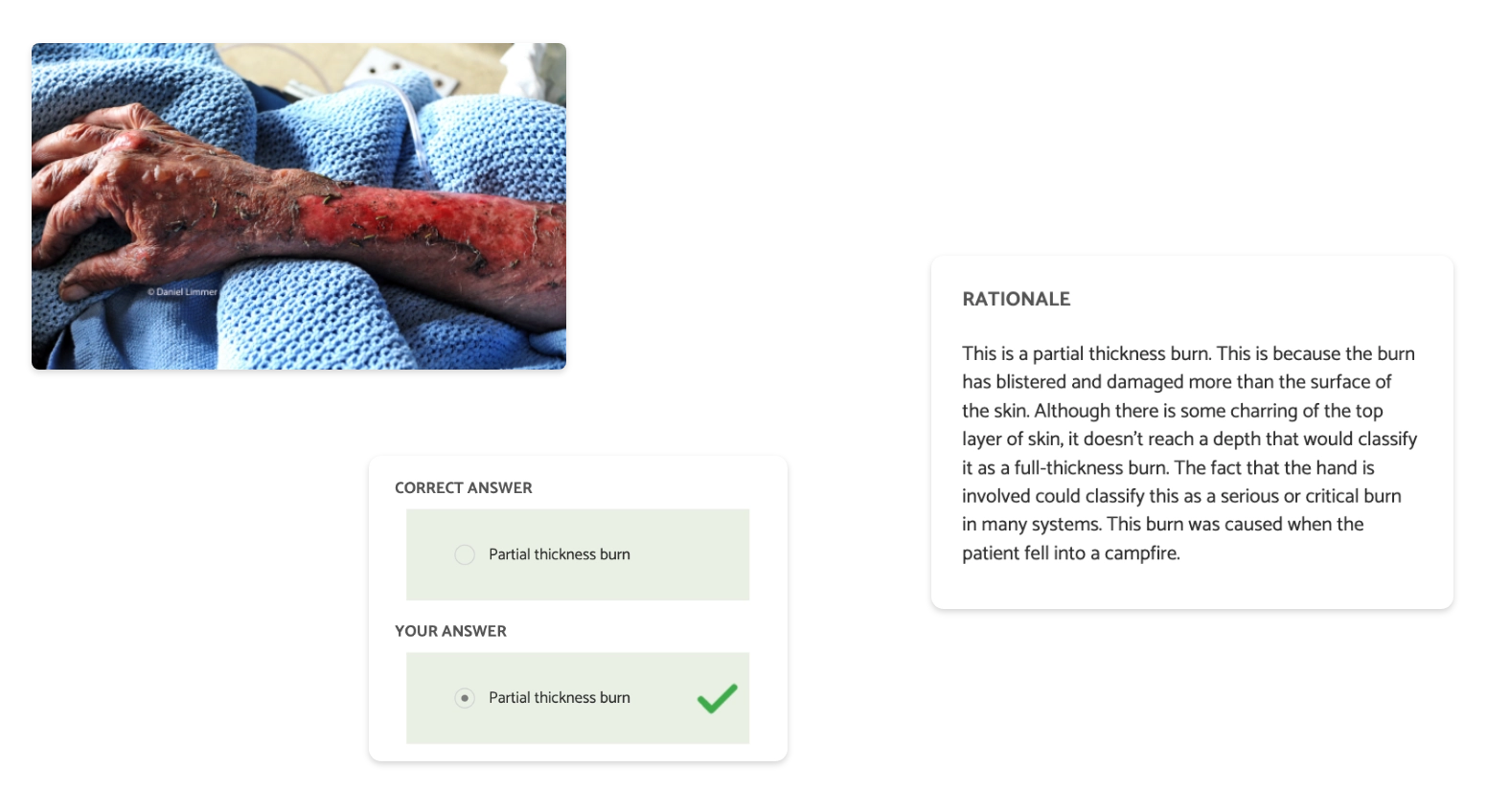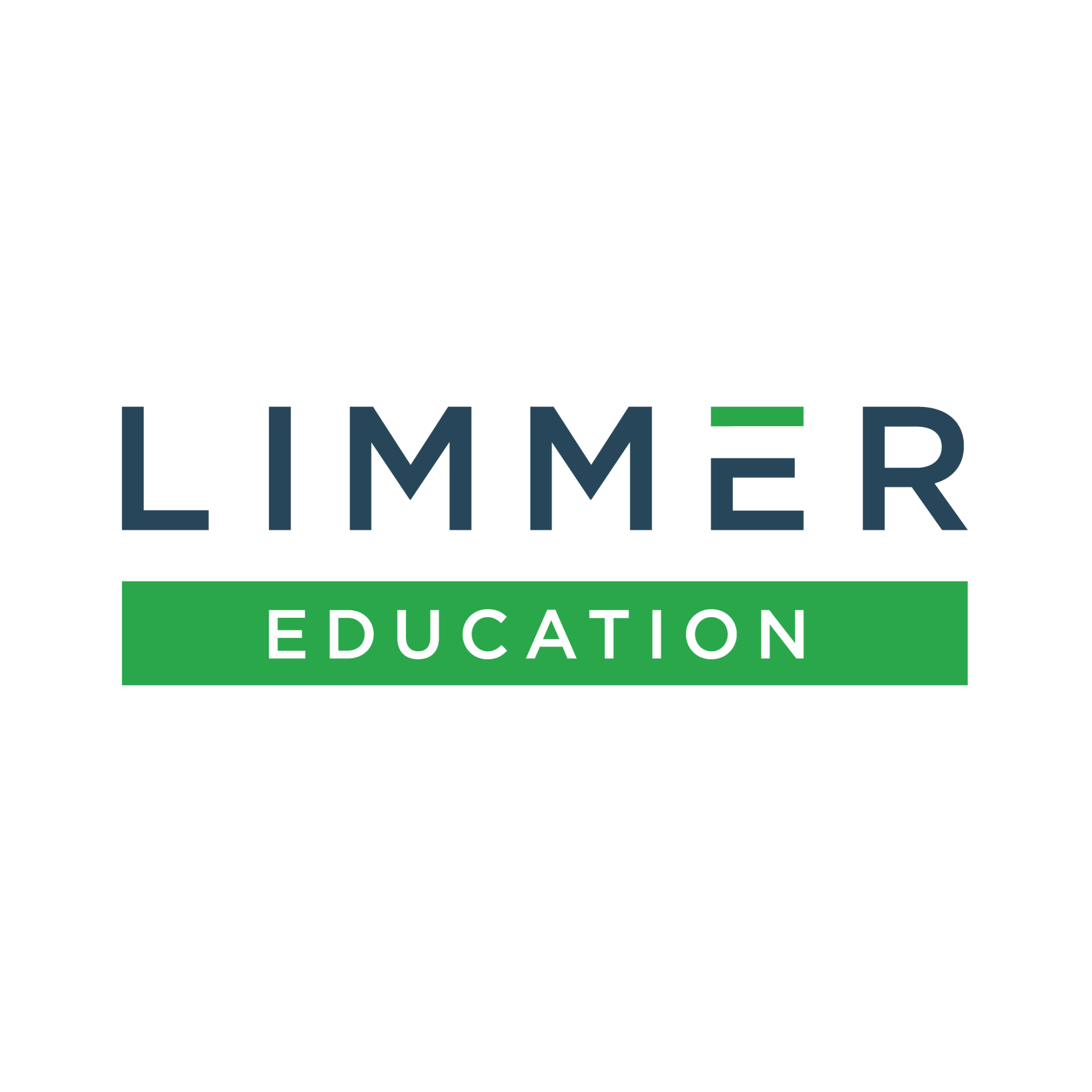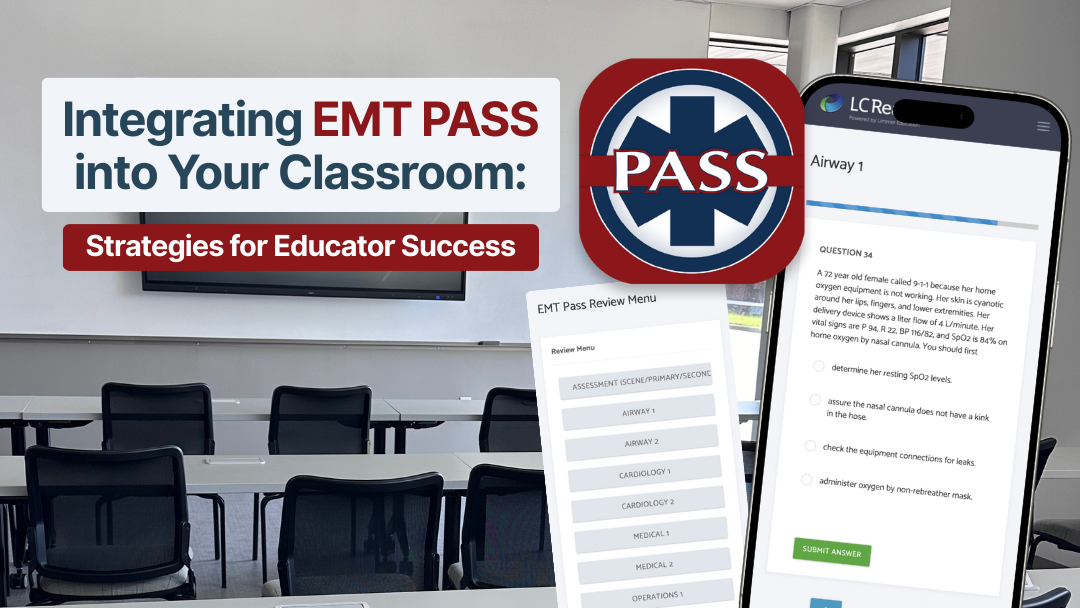

Trusted Education for the Future of EMS
NREMT prep and classroom solutions that build better providers.
The Limmer Advantage








Made by NREMT Experts
Clinical Depth
From Class to Field and Beyond




NREMT Success
Help students succeed on their exams. Our apps focus on critical thinking, pattern recognition and pathophysiology.
Get startedAfter using your products and learning how to attack and understand questions I felt more confident than ever. The material you offer is amazing! It helped me to finally pass my NREMT! – Trevor D.
Educator Tools
We’re here to help you create a more dynamic, inspiring, and productive classroom.
Get startedI recommend Limmer resources to all my students. The pass rates are much higher and students have shown to be more efficient and effective in the field as a result. – Scott Stephens
Knowledge & Application
Our NREMT remediation courses help users pass… and give them relevant, deep understanding. 24-hr. EMT / 36-hr. AEMT
Get startedMy saving grace! I completed your online remediation and went in to take my third attempt and passed! Thank you!! – Sidney F.
CAPCE Approved
The 7 Things EMS podcast provides fluff-free, boredom-free CE for a variety of topics, from education to toxicology.
Get startedThank you for this podcast. I have learned so much and love that I can get CE for listening. – Julie R.

Find Your Match
We have a wide variety of apps for all different stages of your EMS education.
Use our product finderFrom our EMS Articles
Loved by EMS Students, Educators and Institutions
-
-
With the help Limmer apps I was able to understand the concepts and know the material, not just memorize it. I would highly recommend your products to anyone looking to pass their NREMT or just get a better understanding of how to become a better EMT.
Chris T.EMT -
I earned my Paramedic license this morning!!! I truly believe I passed because I bought your [2-Hour NREMT Review Video]. I think I have ADHD and would rush through the test. Watching this video made me slow down read the question and chose the correct answer. Thank you, thank you, thank you!!!!!!
Angela SimpsonParamedic
-
-
-
As the medical director of two paramedic schools I know that my students find the best value with Limmer Education. Florida just became a registry state so tools like this have become extremely valuable.
Dr. Peter AntevyMedical Director -
We've been telling our EMT students about the apps for studying for NREMT and have received nothing but positive feedback!!! All of the students from my campus that have utilized the apps have passed on their first attempt!
Lara OndruchEMT Instructor
-
-
-
I recommend it to all my peer educators as the most reliable predictor of passing the NREMT. My current first time pass rate is 95% and I attribute most of it to your programs.
Christian VenturaEMT Program Director -
I took and passed my NREMT (1st try). I'm pretty sure EMTReview.com had a lot to do with that. Reading the rationale in all the practice/review test questions really helped, so THANK YOU.
Brian MenearEMT
-




